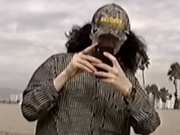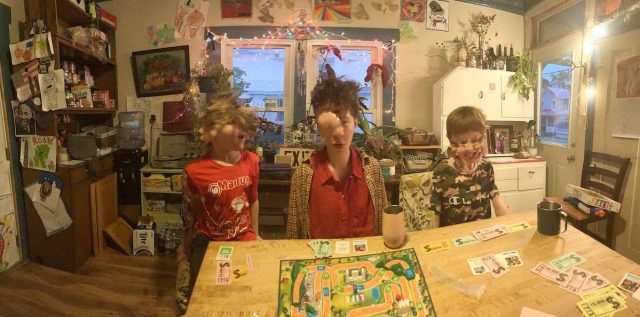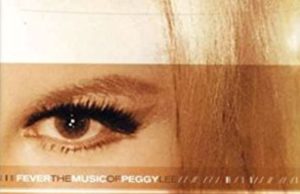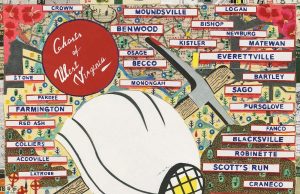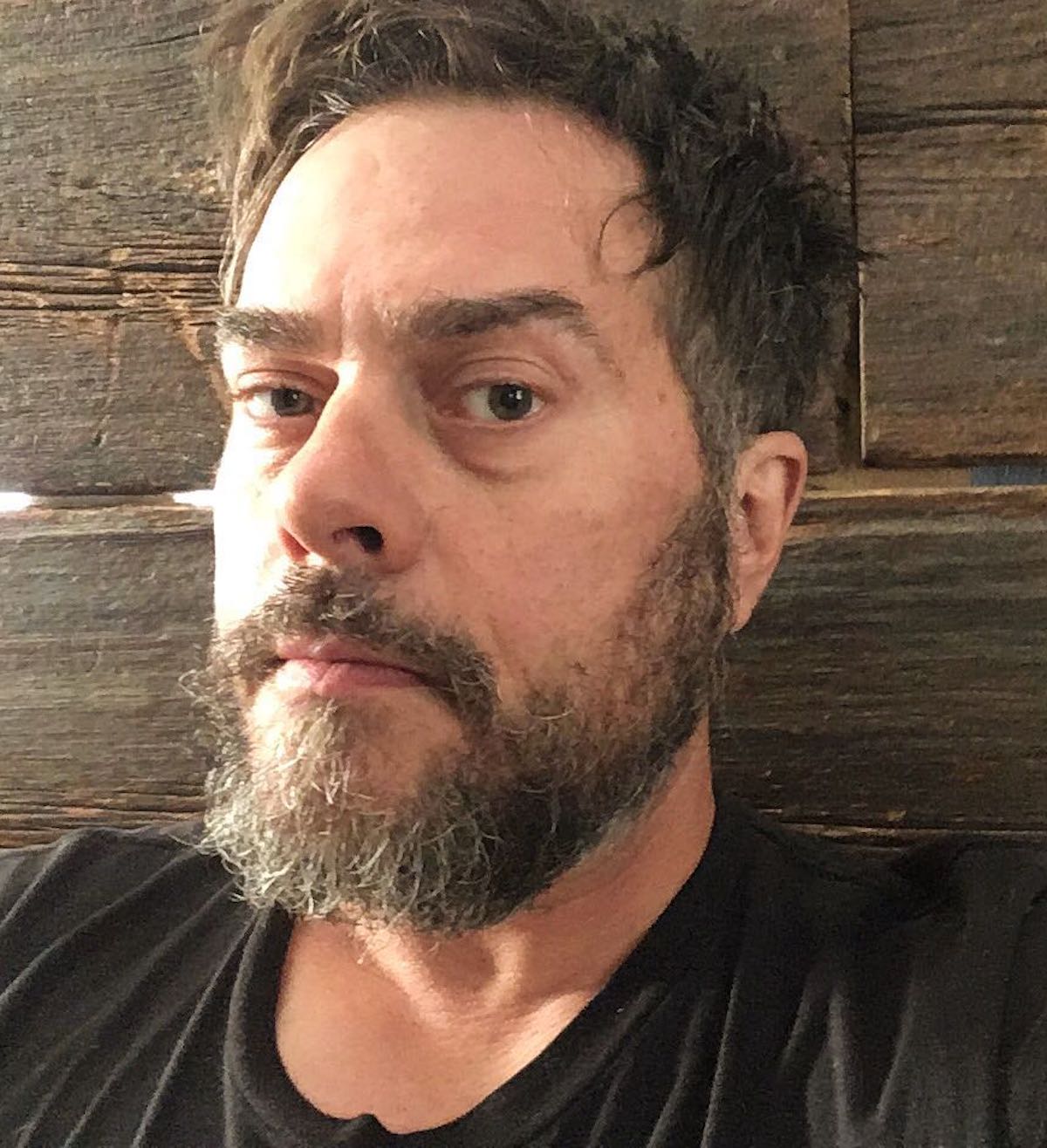 1. In the kitchen, we clear off the island, make it deserted. The candles and the thrift store Day of the Dead Madonna & Child statue and the dying wild flowers in a jar, they all get rescued. Flown out. Saved.
1. In the kitchen, we clear off the island, make it deserted. The candles and the thrift store Day of the Dead Madonna & Child statue and the dying wild flowers in a jar, they all get rescued. Flown out. Saved.
They end up over by the microwave or over on the table of plants and it doesn’t take them long to understand that where they were before/ isolated from the world, but by no means alone.
Now, something separates them.
Unseen forces have moved in and what once was together is now broken apart.
No one knows why. The candles have no idea. The flowers call the Madonna by name but she is being flown off in the opposite direction. The whole scene is majestic in its tragedy/ tragic in its own inimitable way.
Objects, we suppose, have no feelings.
The shit on the kitchen table is nothing but junk. No one but a fool would ever try to humanize it or whatever. Personifying wild flowers and Walmart candles is the recreation of a child’s mind. Imagination games. Kid stuff.
The house is a house and it bears no witness. It doesn’t write any books and it never testifies in court. No one considers its feelings and not a soul will ask it how the hell it has been. We will live in it, die in it; we move in then move on.
The silverware is inanimate.
The shower curtain is disposable and gross.
The books don’t speak. They don’t feel. And they have no opinion of me or you whatsoever.
The records are plastic.
The half-eaten lasagna in the fridge is nothingness.
The galaxy is vast/ endless/ and mysteries abound/ but one thing is for sure. The toys don’t wake up in the night and talk about the kids.
That’s Hollywood nonsense.
Life is defined by the ways we define it.
How arrogant we have become.
2. We are playing a board game. Tuesday night. Life. It’s all at Charlie’s insistence. It’s all Charlie Mingus’ idea. It’s all Charles Dickens’ fault. He’s been harping on me and Arle to play all week, ever since she played a game of Jumanji with him and Blake last week. The island is cleared off and we think nothing of it. I pour some wine into my little jelly jar and I pour the kids some Hawaiian Punch as Arle puts all the different colors of money in the ‘bank’.
We spin to see who goes first. Arle wins. She chooses the little white vehicle.
“It’s my mini van,” she announces.
“Oh yeah,” I say. “This game really IS like life already.”
Everyone spins the spinner and moves around the board. At some spots we are missing certain props so we just don’t count that place when we are tapping our vehicle on the board and saying our moves out loud.
“One-two-three- four- PAYDAY FIVE- six-seven!”
Across the table from me I watch Charlie swiping his long hair out of his face with his fingertips. He is concentrated on the game/ his eyes shining/ as he takes sips of Hawaiian Punch and hollers at Piper to spin and tells Arle that she can’t take free money from the bank just because she’s the banker.
The vibe is loose but shaky. The game is alive. We are watched, I imagine, by the money in front of us: the orange $100,000 bills and the blue $5000 ones. They lay there looking up at the five of us: Milla, Piper, me, Arle, and Charlie: and how do we seem? What’s the impression?
This world is so huge.
How do we fit into it if you ask the coffee pot? Or if you try to watch us through the so-called ‘eyes’ of the clock hanging up there on the wall above the cookbooks… What does it notice? Who does it watch the most?
The game goes on and we have fun. We laugh and shout. Piper wins a lot of money. His career is an artist so it starts to veer away from real life in that regard, but who knows? Maybe he’s like one of those guys who takes a piss on a sheet of paper and sells it for a million bucks, you know?
Maybe someday he draws an apple with his own nasty asparagus pee and ends up selling it for more money than you or me have ever seen in our lives.
Piper is 9 now. He’s skinny and red-headed just like his mama. His eyes are dark and when he shifts them flatly upon me at one point (when I find myself in debt to the bank) and silently drops a $10,000 bill onto the spot where my money would go if I had any.
We lock eyes and I smile, nod.
I want to tell him that I can’t take his money. I aim to tell him that this is very kind of him, but that I want him to win if he can. I start to move my lips and the windows are staring at me, waiting to hear how I run with this. It trips me up a bit. I can feel the heavy gaze of the glass I look through all of the time to see how out of control the lawn is getting. There is a sense of surveillance. There is this feeling I get of slow-blinking eyes, unseen, not far.
I look at the money laying there and I freeze. My lips can’t open. No words come to mind and so none come out.
The toaster behind me struggles to see.
“I make that kid’s waffles in the morning”, it whispers to the basket of old apples beside it. “Did you see that? Did you see what that kid did?!”
The apples all stare fixated on the scene/ on Piper staring at his money towers/ on me and my one bill.
“That’s Piper,” hisses the wok on the stovetop. “It’s not just some kid! His name is Piper! You oughta know that by now, T!”
The toaster considers this for a moment as Milla spins and moves her car.
“One-Two-Three-PAYDAY!-FOUR! Take a Life card!”, she sings.
“I know his name, fool!” the toaster blasts back. “I’ve been loving him long before you ever even noticed him.”
The tin ceiling yawns and considers us down here. It has seen many people. It has known both birth and death. Game Nights are a particular favorite though, and so even though it’s been another long day in the life of this kitchen, this Amish blue metal ceiling peers down upon us like a God.
“Piper is everything,” it sighs to no one in particular. But they all hear it. The kid art on the walls. The cereal boxes on top of the fridge. The Count Basie record laying still on the record player. The antique Hoosier from Arle’s grandma who died this past winter. Everything hears the ceiling when it says what it says.
Then I say it to no one in particular.
Maybe it’s osmosis.
Or maybe almost everything I say is because the idea was already floating across the room before I ever thought of it.
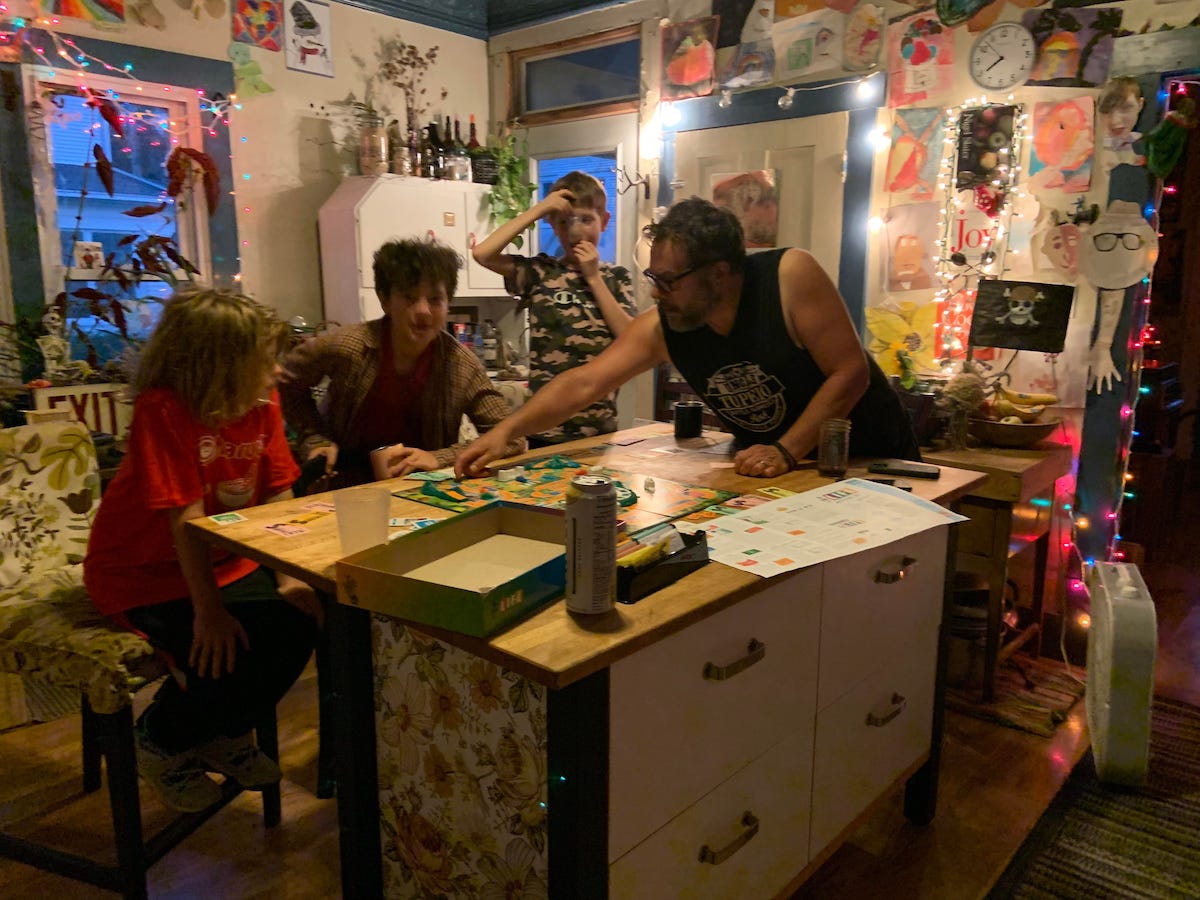
3.At the fire pit I wait for my bat. It shows up every night at the same time. I talk about it to Arle before we notice it and she watches for it with me. We keep talking though some nights. Other nights we just wait for it to swoop over us in silence. To the west, across Penn Street, we can see the sun’s final tip of the hat. The light is muted, the star source sunk. The horizon over there isn’t flat like down the road in a cornfield. Instead, we watch a good chunk of sky that rises up above some pines over by the millrace creek.
The house takes us in.
In and out, every night, this home of ours for now. Borrowed as it goes, people like to talk about owning stuff but of course that’s not the case. Not really. You can’t truly own anything. It’s all a facade. Just a temporary agreement amongst members of society to recognize you as the keeper of a thing for a while. This little set-up requires money, usually. Or maybe a nice last will and testament. Either way, you end up with a farm or a cottage or a car or a creek or a four-wheeler or a I don’t know. A goddamn boat. Canoes. Six different colored kayaks from Dick’s. All of them nice and cheerful looking. Lime green. Strawberry red. Summer sky blue. Whatever.
You own them and you don’t.
They won’t last forever and neither will you.
Perhaps they own you. Perhaps they look at you on Saturday mornings in the rainy spring and they smirk at how much they own your ass. I don’t know. The jury’s out, I guess. It’s fun to think about though.
That’s when the bat shows up. It’s the first of a few, but not as many as I remember before. This year I see three, maybe four. In the past I saw more than that. I know that the bat sees me and Arle. I know it isn’t blind. But then again, how the hell do I know that? It could be totally blind as fuck and I would never know. That’s the thing with all of this living/ we simply don’t ever see anything but through our own eyes. And that is what limits us. Keeps us down. It’s by design, I think. To be able to shift perspectives would be so radical for a species like us that we would surely find some way to monetize it in order to ultimately oppress a large chunk of the population for personal gain.
This bat though, he doesn’t give a rat’s ass about any of that.
At least, not as far as I like to imagine. Because to me he is the end of the day. The Harker. The Barker. The Newsboy down in the square. The King’s voice. The Queen’s word. And when he skips across the air above us and darts this way and that, opening his tiny mouth, inhaling a mosquito and then a fly, fluttering with so much energy and electricity that his entire being seems unfathomable/ unbelievable/ like a trick/ like a fake bat doing real bat things.
The beauty is remarkable and it hurts me to think, even if just for a fleeting moment, that the rest of us mostly assume that this creature doesn’t pay me or Arle any mind. That he doesn’t notice us or recognize us or think about us ever when he’s hanging from some hidden beam in our frightening attic, away from the daylight, while I’m mowing grass for money or popping a nail gun against some door trim in a town miles away from my own.
The notion that the bat never dreams of me, of us, is a notion that I refuse to acknowledge as fact or even probable.
How can I watch a life fly over me every night of the summer and think he just doesn’t give a shit?
Arle watches the bat after I point at it and say, “BAT,” like I always do.
We watch him flick and flutter in his straight-ish line. He will circle back in a bit but he won’t be the same to us then. Other bats will have joined him in the gloaming and we can’t tell them apart after that. His arrival is his single moment in our world when he is identified and understood best.
The house watches all of this from across the yard. There are some rotten parts in the wood of the attic walls. They need repair but at what cost? I don’t like to think about it. The bat lives up there. Our house holds him and protects him just like it does for all of us.
The bat looks down at us as he shoots out over my fire pit and the church parking lot towards the creek and the bugs and the night.
There they are, he smiles to himself.
There’s the beautiful, Arle. I’d like a piece of that one of these nights.
Then he looks down on me.
And there’s Serge. Serge Serge Serge! My biggest fan! Mi admirador adorador!!! I’ll shit on his head! Haha! One of these nights I’m going to guano right in his wine glass! Poor bastard!
He flies off.
Lovely fuckers, he mutters as he goes.
He mutters as he soars out over this wondrous Earth.
To read the rest of this essay and more from Serge Bielanko, subscribe to his Substack feed HERE.
• • •
Serge Bielanko lives in small-town Pennsylvania with an amazing wife who’s out of his league and a passel of exceptional kids who still love him even when he’s a lot. Every week, he shares his thoughts on life, relationships, parenting, baseball, music, mental health, the Civil War and whatever else is rattling around his noggin.















